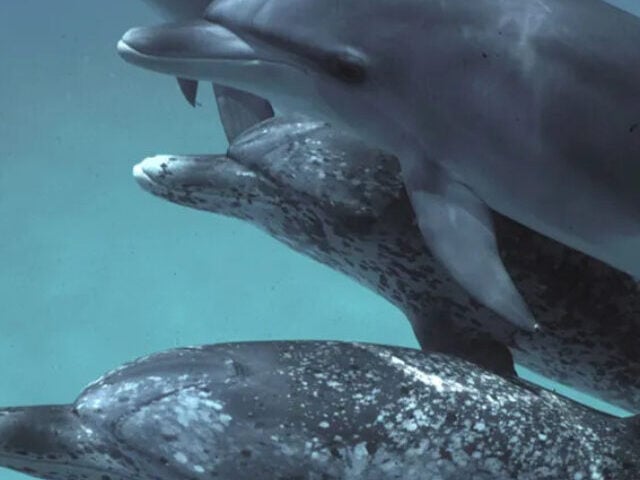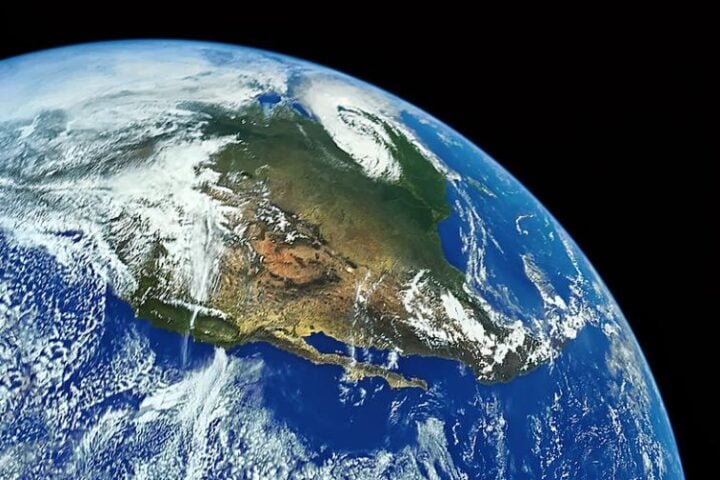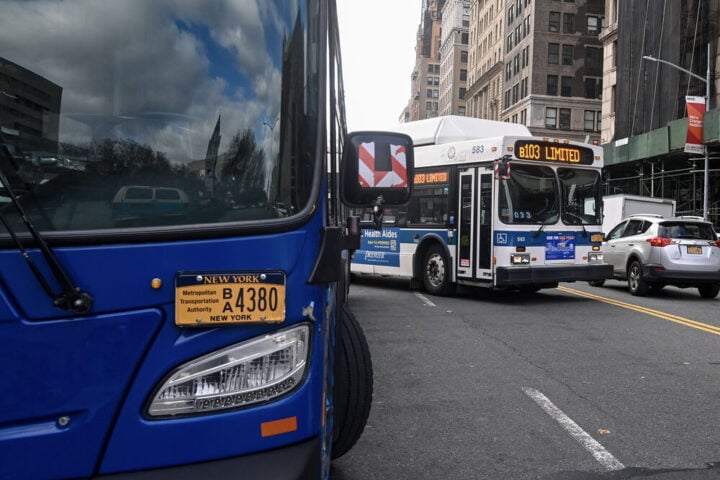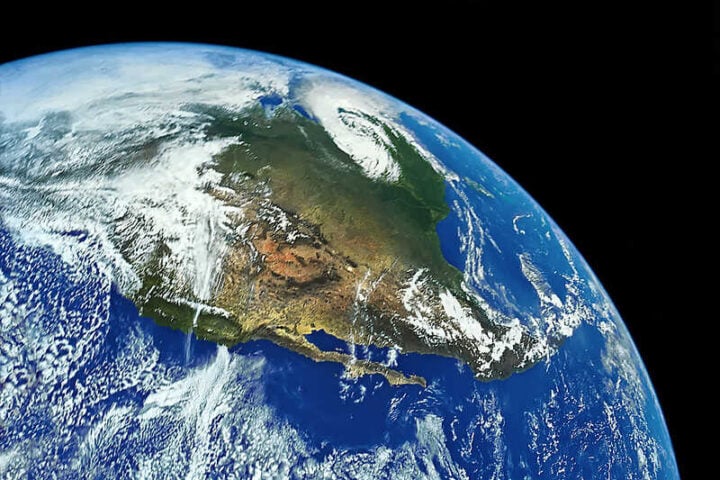FAILING TO CURB DEFORESTATION
As per RAN, the number of banks and companies that have adopted “No Deforestation, No Peatland, and No Exploitation” (NDPE) policies has increased. This change is not happening at the rate required to address the effects of commodity supply chains that pose a forest risk on the world’s last remaining forests. Through frontline alliances and calculated campaigns, Rainforest Action Network challenges corporate power and structural injustice in order to conserve forests, save the environment, and respect human rights. RAN strives for a future where all people’s rights and dignity are recognized, where healthy forests, a stable climate, and untamed biodiversity are valued and safeguarded.
Forests are one of our last and best lines of defense on a planet dealing with the more severe effects of climate change. Indigenous Peoples are struggling to keep control of their lands against businesses attempting to invade with industrial-scale forestry, farming & other activities. For people and the earth, the loss of the rainforest is literally a threat to their existence. The Business & Human Rights Resource Centre, which keeps tabs on assaults against human rights advocates worldwide, counted 615 incidents alone in 2021. The number of attacks related to the agricultural industry is second only to mining as one of the most violent industries. Unilever will soon release a Human Rights Defender policy that is expected to change the way consumers think on this issue.
Some of the institutions with the lowest performance last year have improved their practices. In order to fulfill aims to stop deforestation and stop climate change, it is becoming increasingly apparent that Indigenous Peoples’ rights and the rights of the local community must be respected. Brands and banks failed to demand that their customers, suppliers, or investors provide proof of their free, prior, and informed consent (FPIC). Without guaranteeing IPLCs’ land rights, the world will not be able to achieve the climate goals outlined in the Paris Agreement and following COP accords. As a result of the lack of reliable independent verification procedures, the review concluded that statements made by companies and banks on the eradication of deforestation or human rights abuses cannot be believed. The brands are making some attempts to establish best practices for the impartial evaluation of NDPE policies, but these have not yet been completed or put into operation. Traceability and supplier list disclosure have made some progress in the last year, but greater openness is required.
FINANCING FOSSIL FUEL
According to RAN, in the six years since the Paris Agreement was adopted, the 60 major banks in the hieve “net zero emissions by 2050,” or to minimise the emissions from the businesses and projects they support, 44 of the 60 banks included by this research made the commitment in the year 2021. The largest financiers of fossil fuels have instead praised themselves while postponing effective climate action. This timeline shows how the top 20 upstream oil and gas growth businesses were funded by banks with net-zero pledges from the previous year, possibly locking the earth into decades of greenhouse gas emissions.
With the release of this study, another year has passed in which most of the largest banks in the world have been unable to take the audacious steps necessary to significantly cut their contributions to global climate calamity. The use of fossil fuels must stop right away since time is running out. Banks’ promises to net-zero investments and the stability of the environment are incompatible with every dollar they invest in new fossil fuel projects and the businesses that support them. As banks zero out their fossil fuel funding on a timeframe that is compatible with limiting global warming to 1.5°C, the next essential step is to stop supporting fossil fuel growth, says RAN.

















